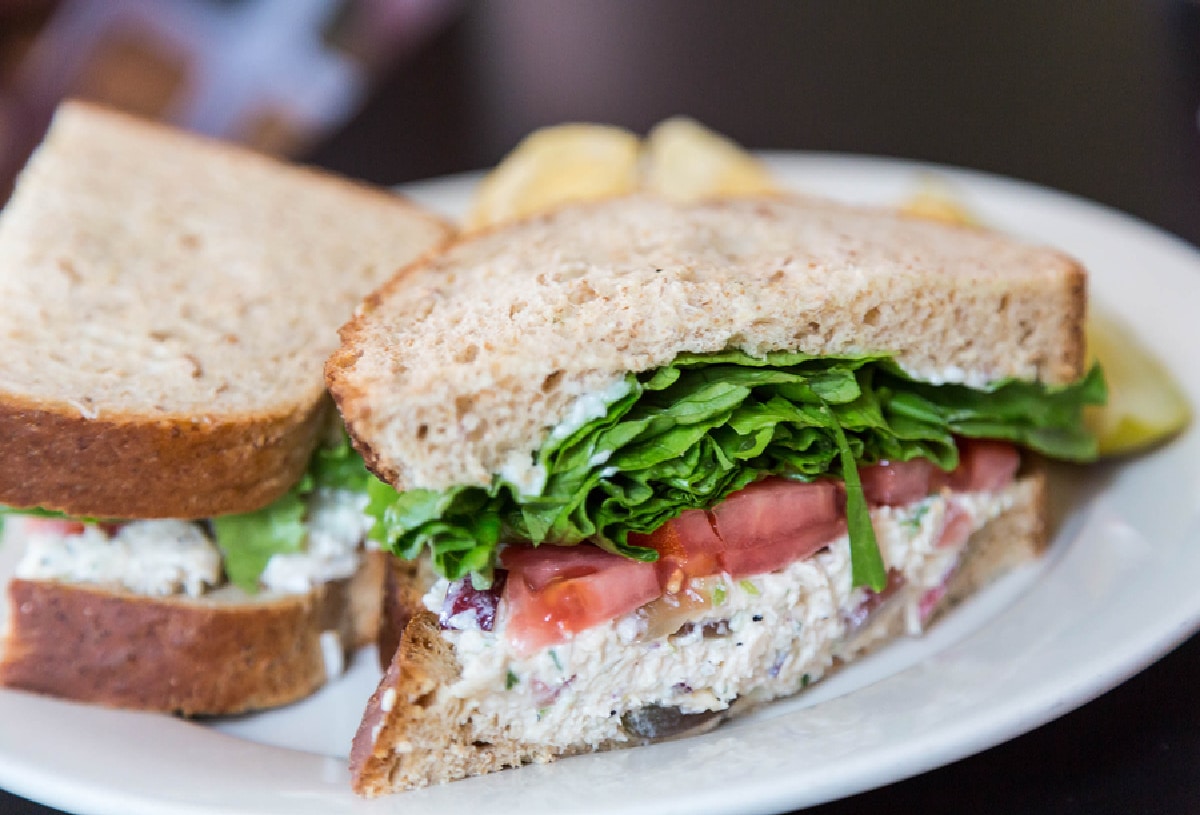In-Home Care: Many seniors stop eating as much when they get older.
Some American seniors consume less than 1,000 calories per day, leading to severe malnutrition. Just because someone is growing older does not mean they need less food. The substances that we put in our body help fuel it and allow us to receive vitamins and minerals that help our bodies stay healthy. Some seniors may neglect to eat because they forgot when they ate, forget how to cook a specific recipe, can’t taste the food, or have no interest. It’s important for you and your In-Home Care Provider to find ways for them to be interested in food and learn about the signs of malnutrition.

If you can’t be with a senior every day, don’t stress about it. Professionals like in-home care will help your seniors thrive while they age in place. If you have not yet heard of in-home care, it’s time to start considering the opportunity to hire them. They can truly help you become more aware of things like malnutrition and help create a care plan customized to the senior.
The good news about eating is that you can take some steps before it becomes serious. You may need to remind your parents and loved ones to eat regular meals, and if you cannot do that, it may be best to start looking at in-home care providers. You can intervene when you notice a senior is not eating as much and use these tips to help your parents stay healthy for much longer. Take a look at these tips.
What Happens When a Senior Is Malnourished
No matter what age you are, your body needs nutrients to survive at the most basic level. There are some dire consequences of seniors not getting enough nutrition. Here is what can happen.
- Longer recovery times from wounds and illness
- Reduced muscle and tissue mass
- Decreased mobility and stamina (due to lack of muscle)
- Breathing difficulties
- An increased risk of chest infection and respiratory failure
- Slower immune response (which increases the risk of infection and the time it takes to recover from infection)
- Difficulty staying warm, increasing the risk of hypothermia
All of this can happen when a senior is malnourished. It can be painful and it can make other diseases spread faster due to a weakened immune system.
How To Help a Senior Struggling With Malnutrition
The most important thing you can do is ensure someone is home with your parents. This means someone is there to pay attention when they are eating, drinking, or what sort of help they need while you’re gone. There are a few things you or someone caring for your parents can do to limit malnutrition.
- Prepare meals for the senior
- Pick up groceries for them
- Buy them a meal delivery service
- Provide them with healthy snacks
- Talk to a doctor about their diet
- Add extra bold flavors to meals
- Help them get regular exercise to increase hunger
Hiring an In-Home Care Provider can be a huge help with keeping your senior healthier by providing good nutritious foods.
If you or an aging loved-one are considering hiring In-Home Care in Apache Junction, AZ, or anywhere in the East Valley, please contact the caring staff at Legacy Home Care.
Call (480) 777-0070
Sources:
https://www.ncbi.nlm.nih.gov/pmc/articles/PMC4951875/
Legacy Home Care has been serving the valley since 2007. We are family owned and operated with over 75 caregivers. We offer a customized care plan that includes services such as: Hourly Senior Home Care, 24-Hour Home Care, Dementia Care, Personal Care and Companion Care. Also ask us about our Veterans' Home Care program.
- How to Cope with a Family Member Living with Dementia? - April 8, 2025
- Health Dangers of Stress for Seniors - March 20, 2025
- Why Companion Care Is Great For Seniors Living At Home - March 7, 2025



